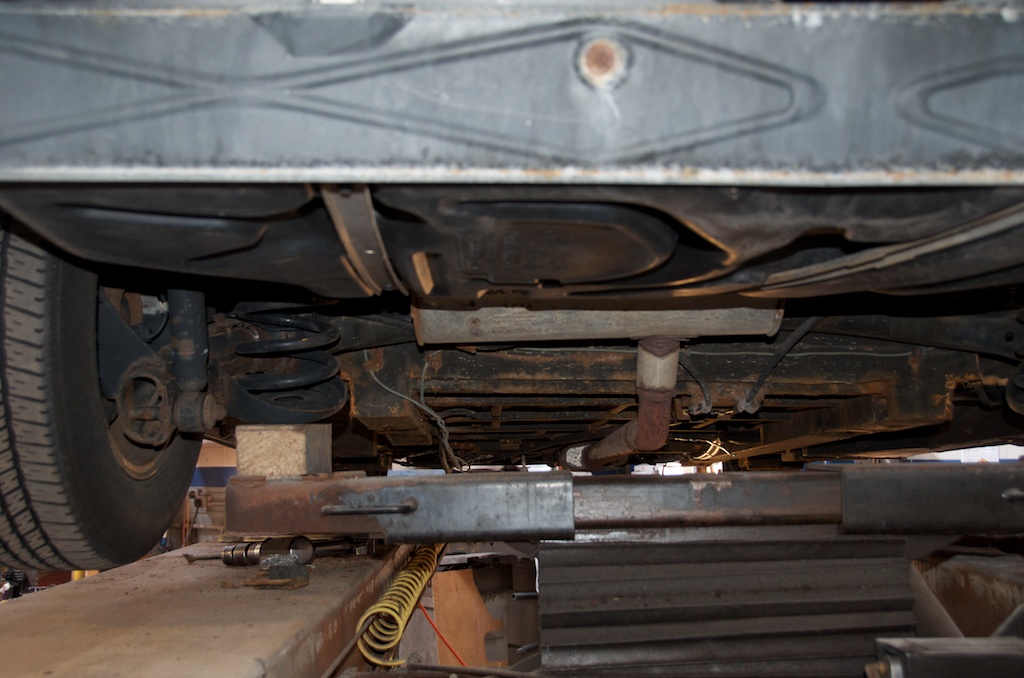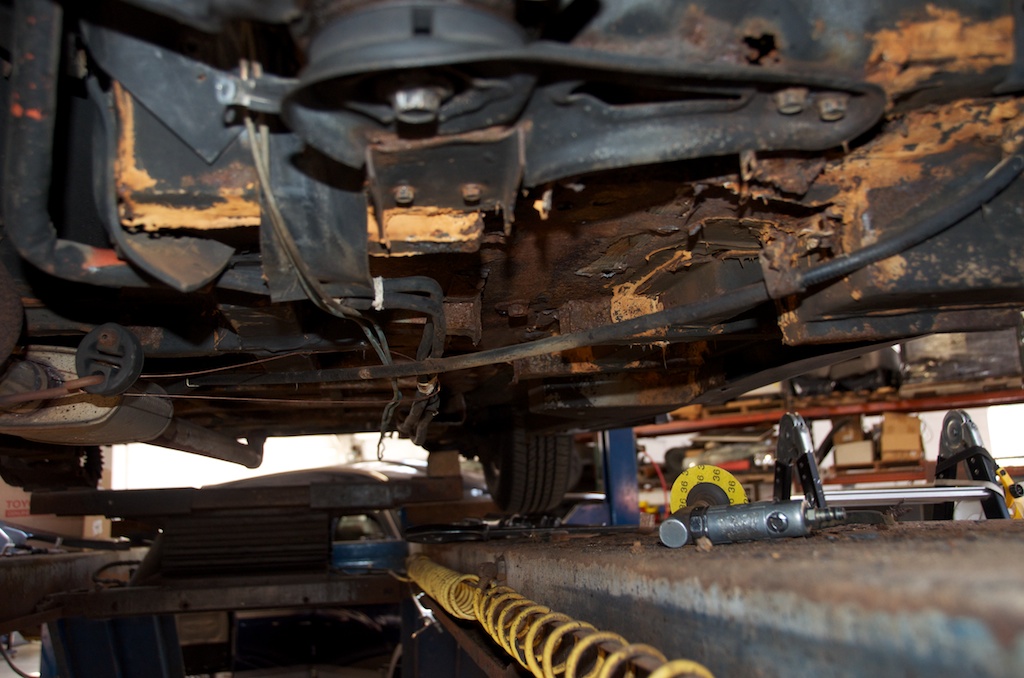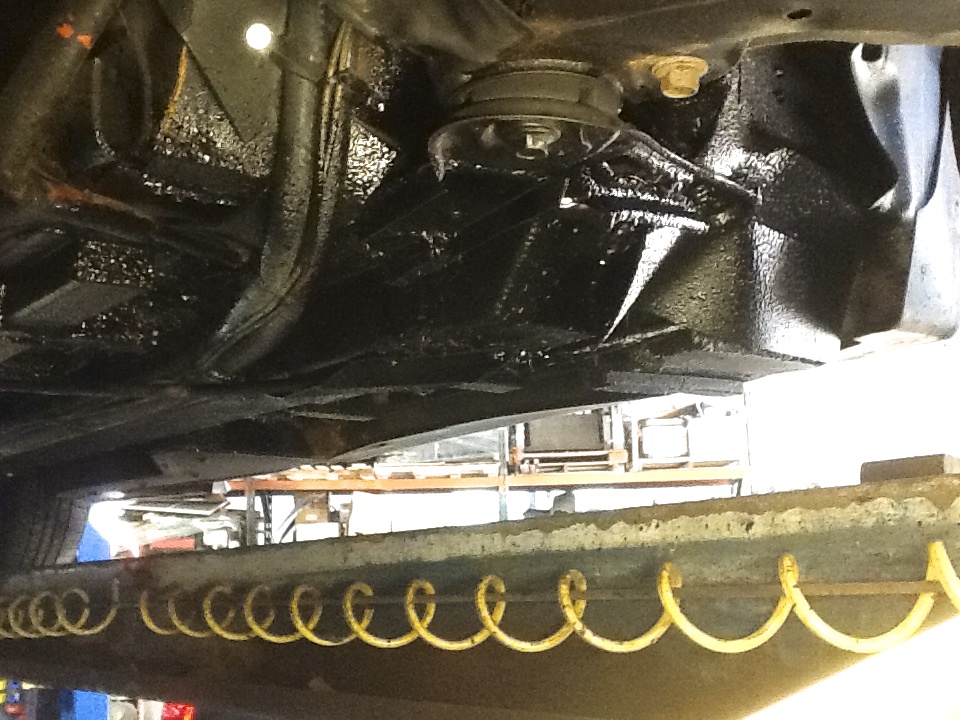Owning any type of vehicle means that you have to commit to regular service and maintenance to keep it in good condition. Owning a wheelchair van and adaptive equipment is no different – you still need regular service to keep everything operating the way it should. However, it comes with some additional caveats – you can’t just go to any service center and ensure that you’re maintaining your wheelchair van or mobility equipment correctly.
Here at our Mobility Center, not only do we understand the importance of maintaining your mobility vehicle and adaptive equipment, but we take the needed steps to ensure that everything is always in top condition. No other mobility dealer offers the level of maintenance offered by us.
Rust Maintenance
Vehicles today are subject to rust and corrosion due to moisture, humidity, tons of road salt and other airborne pollutants that can cause rapid deterioration of your wheelchair van. If neglected, the damages can make your mobility investment of little value. The thousands of yearly miles, environments and exposure to the elements of larger vehicles means they are a lot more likely to suffer from the effects of corrosion. Correct rust proofing on a regular basis can ensure that your vehicle does not suffer from corrosion related vehicle downtime and keep your van from falling apart.
** We highly recommend that everyone gets their wheelchair accessible vehicles rust proofed at least twice a year. Once in Spring and again in the Fall. **
If you consider that new vehicles undergo thousands of spot welds and numerous bends and folds during assembly; this process damages the automobile coating systems, exposing these panels to corrosion. Besides body-panel damage, certain mechanical parts are also at risk – suspension mounts, hood-locking mechanisms, door hinges, brake cables – which are all susceptible to the damaging effects of rust on your wheelchair van.
To protect your vehicle against corrosion our rust proofing formula does more than just cover the metal required. A rust proofing product must be applied as a high-pressured spray, ensuring protection to your vehicle’s most critical areas by penetrating, displacing existing moisture and protecting the many vulnerable crevices of your automobile.
Benefits of rust treatment
Prevention is better than a cure. There are a number of products that can offer prevention against rust. Products are available either as oils, waxes, fluids and coatings. The range is vast. Our rust prevention processes, products, plan and application have been found to be very effective and developed over more than 25 years and still remain affordable.
We are the only mobility dealer in New England to offer this service.
Our rust proofing processes is ever evolving and has been for more than 25 years.


 We Removed the Rust, Re-Built the Underneath and rust Proofed this Vehicle.
We Removed the Rust, Re-Built the Underneath and rust Proofed this Vehicle. 

